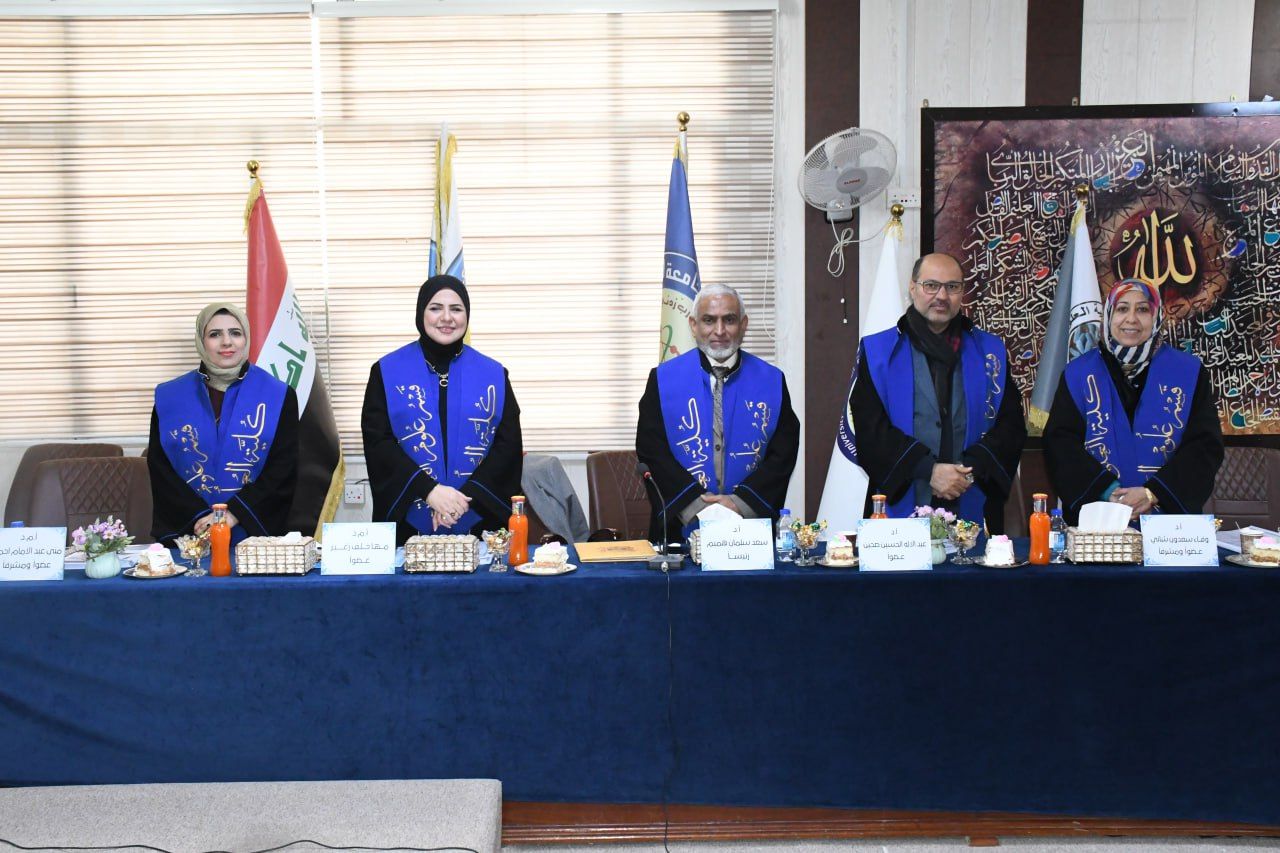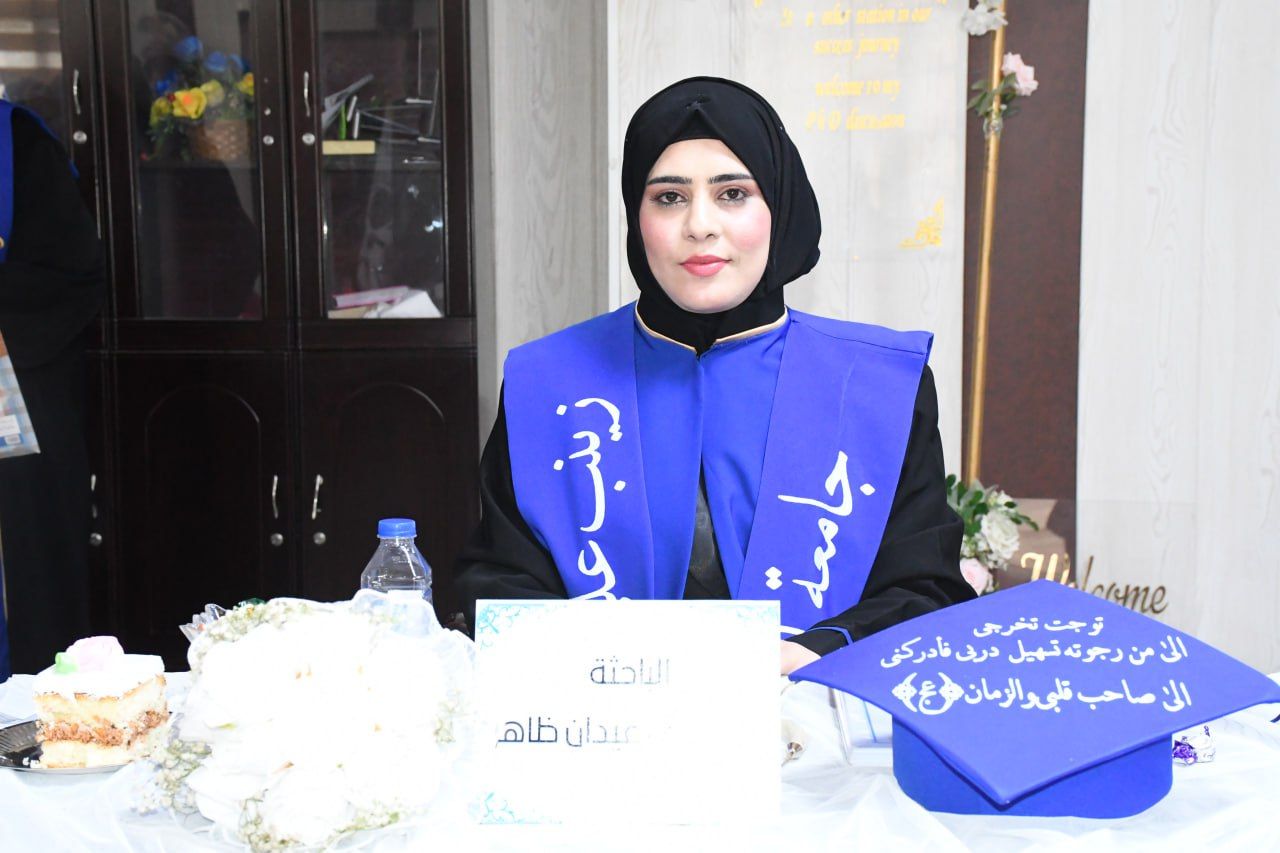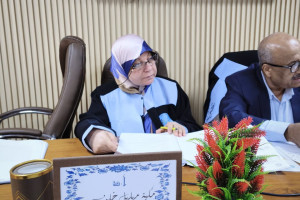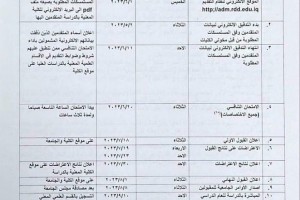
A master's thesis at the faculty of Science at the University of Basraha Role of bacterial infections in induction of innate immunity in UTI patients and analyzing UTIs in Basrah by collecting samples from 70 patients and 30 healthy individuals. Bacterial identification was performed using culture media, the Vitek system, and molecular methods (16S rDNA). The study also measured the levels of NLRP3, NLRC4, AIM2, IL-1β, IL-18, and MCP-1 in the serum of UTI patients, revealing a significant increase in most immune markers, except for MCP-1.The thesis aimed to identify the bacteria causing UTIs, assess their antibiotic resistance, and explore the relationship between bacterial infections and immune markers to clarify the role of immune responses in these infections. The study concluded that Escherichia coli was the most common bacteria causing UTIs, showing high resistance to ceftazidime. It also demonstrated a significant increase in NLRP3, NLRC4, AIM2, IL-1β, and IL-18 levels in patients, with no significant differences in MCP-1 levels, highlighting the potential role of these immune markers in responding to infections.The study recommended focusing on investigating bacterial virulence factors and antibiotic resistance genes, examining the gene expression of immune receptors, exploring the immune role of MCP-1, and using animal models to validate the study's findings.









